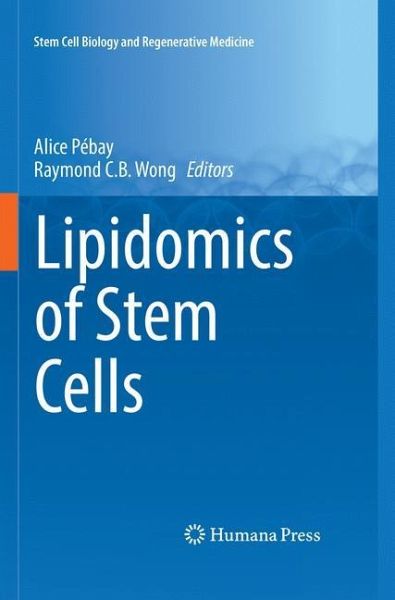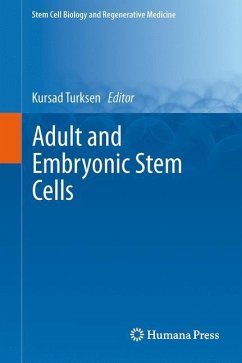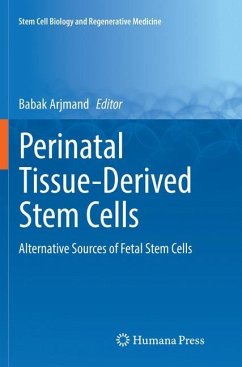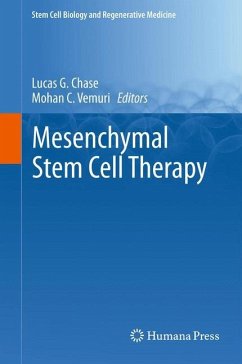
Lipidomics of Stem Cells
Versandkostenfrei!
Versandfertig in 6-10 Tagen
113,99 €
inkl. MwSt.

PAYBACK Punkte
57 °P sammeln!
This book combines the current knowledge on the role of lipids in stem cell pluripotency and differentiation. It showcases various approaches to the study of lipids and focuses on various types of stem cells and specific lipids driving maintenance or differentiation. The volume includes chapters reviewing roles of specific lipids in pluripotency, neurogenesis and exocytosis as well as in cancer stem cells. Examples of different classes of lipids-such as sphingolipids, lysophospholipids, cannabinoids and neutral lipids-are described and illustrate the vast biological effects of this class of mo...
This book combines the current knowledge on the role of lipids in stem cell pluripotency and differentiation. It showcases various approaches to the study of lipids and focuses on various types of stem cells and specific lipids driving maintenance or differentiation. The volume includes chapters reviewing roles of specific lipids in pluripotency, neurogenesis and exocytosis as well as in cancer stem cells. Examples of different classes of lipids-such as sphingolipids, lysophospholipids, cannabinoids and neutral lipids-are described and illustrate the vast biological effects of this class of molecules. The international contributors are all recognized experts in their respective fields.
Covering the various aspects of the topic, Lipidomics of Stem Cells provides an up-to-date snapshot-unique among the literature-of where the lipid world is in terms of understanding the roles of lipids in stem cell biology. It provides an essential reference for stem cell biologists, lipid biologists, development biologists, students, academics and clinicians in related areas.
Covering the various aspects of the topic, Lipidomics of Stem Cells provides an up-to-date snapshot-unique among the literature-of where the lipid world is in terms of understanding the roles of lipids in stem cell biology. It provides an essential reference for stem cell biologists, lipid biologists, development biologists, students, academics and clinicians in related areas.












